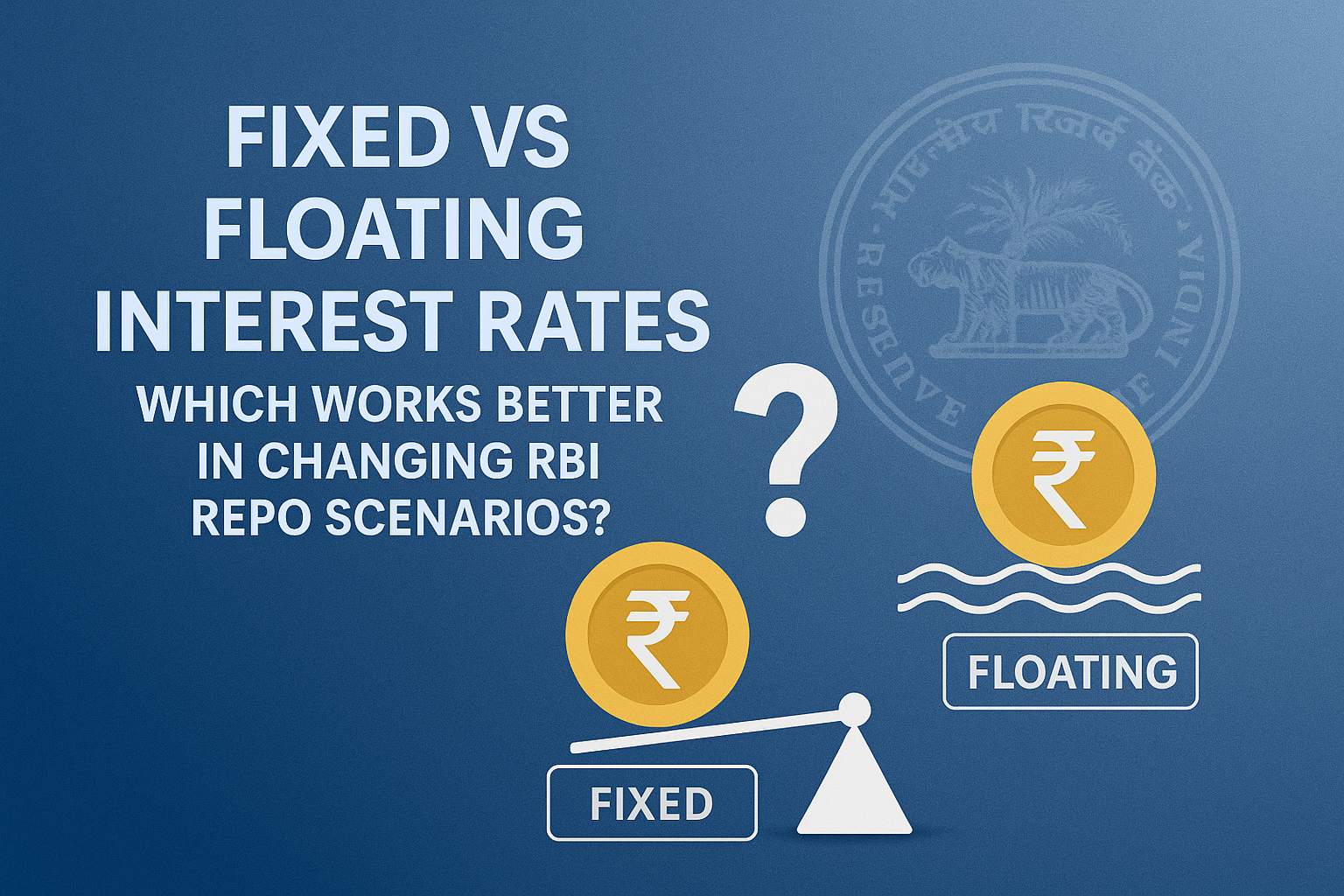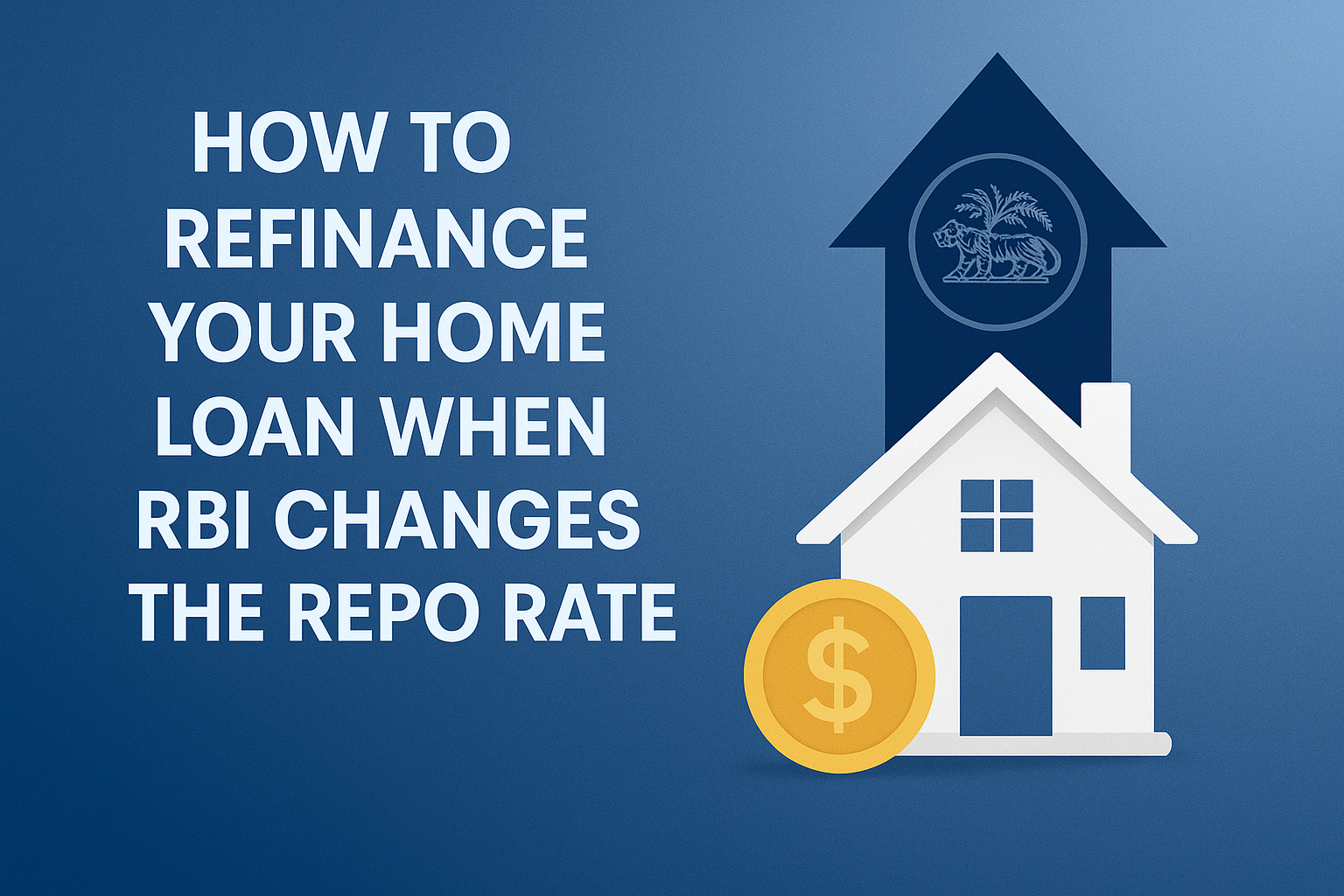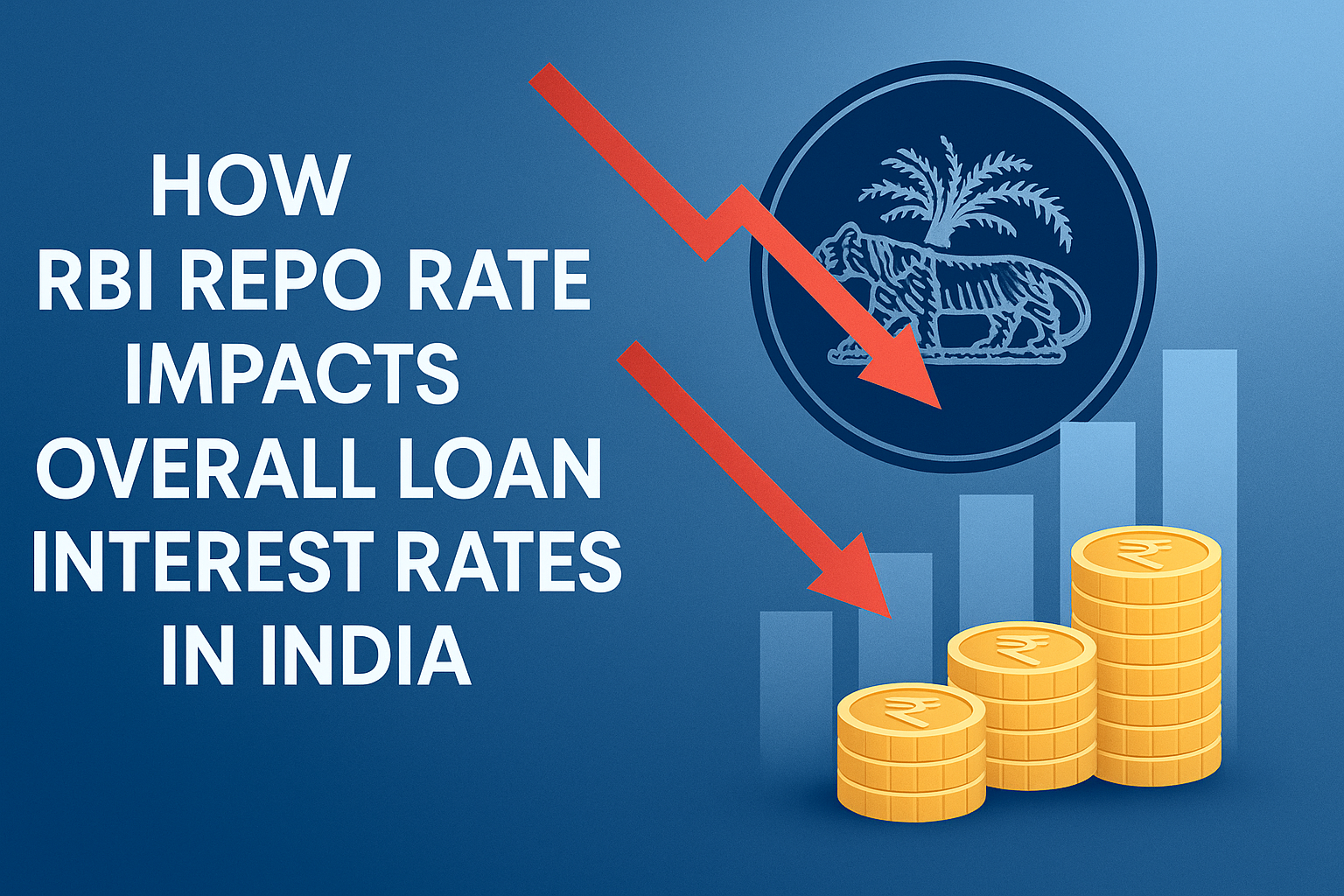 High-Converting Funnels – From Ad Click to Final Sale!
High-Converting Funnels – From Ad Click to Final Sale!
Young India's Credit Revolution: Home Loans at 28, Business Loans at 27
Written by Hemangi Mokal » Updated on: July 10th, 2025

India's economic landscape is witnessing a seismic shift, driven by a new wave of financially aware, ambitious, and digitally connected youth. This transformation is best captured by the emerging reality that a New generation of Indians is reshaping borrowing habits and redefining financial independence. Gone are the days when homeownership or business ventures were dreams reserved for one's 40s or 50s. Today, we see home loans being availed at 28, business loans at 27, and bike or car loans in the early 20s. This change signals the arrival of Young India's credit revolution-a movement shaped by evolving aspirations and supported by government reforms and tech-led financial services.
A New Generation of Borrowers
India's millennials and Gen Z are fundamentally different from previous generations in how they approach money. They don't just earn, they plan, invest, borrow smartly, and aspire to achieve financial independence early. The average age for first-time borrowers has dipped significantly over the past five years, and data from financial institutions shows a steep rise in credit demand from individuals under 30.
Budget 2025 plays a vital role in encouraging this trend. With policies aimed at reducing loan interest rates, promoting credit access for startups, and incentivizing early homeownership, the government has empowered young borrowers to act on their dreams.
Home Loans at 28: Why the Rush?
Traditionally, buying a home was seen as a late-career milestone. Today, however, first-time homebuyers are entering the market in their late 20s, thanks to multiple factors:
Low interest rates on home loans.
Government subsidies under PMAY (Pradhan Mantri Awas Yojana).
Tax benefits for first-time borrowers.
Rise of co-working and remote jobs, prompting early property investments.
Budget 2025 continues this momentum with additional tax deductions on interest paid, simplified paperwork for salaried youth, and digital-first loan disbursement processes. These initiatives support young financial planners looking to secure a stable asset early in life, often while continuing to pay off their bike loans, car loans, or even managing credit card EMIs.
Business Loans at 27: Dreams Backed by Capital
The entrepreneurial spirit in India has never been stronger. Startups, freelance models, and small ventures are becoming the norm, especially among those under 30. Budget 2025 addresses this trend by enhancing credit availability for youth-led enterprises through schemes like:
Startup India Seed Fund Scheme enhancements.
Collateral-free loans through Mudra Yojana.
Simplified business loan approval for GST-registered startups.
Getting a business loan at 27 is no longer unusual - it's becoming mainstream. Many young entrepreneurs use these funds not just for launching businesses but also for upgrading tools, expanding operations, and building digital infrastructure.
Bike Loans & Car Loans: Gearing Up for Mobility
Mobility is freedom. Whether for personal convenience or professional necessity, owning a vehicle is often the first financial goal for many. Budget 2025 supports this with:
Low-interest bike loans for students and gig workers.
Extended subsidies and GST cuts on electric two-wheelers.
Relaxed norms for first-time car buyers, with longer tenures and higher LTV (Loan-to-Value) ratios.
These developments make financial planning for a bike or car loan far more accessible. Young earners can now fund their mobility needs without draining their savings, and use EMI calculators, budgeting apps, and digital lending platforms to manage repayments efficiently.
Credit Cards: From Luxury to Lifestyle Tool
Once seen as a luxury or high-risk instrument, credit cards are now essential financial tools for India's youth. With rising online transactions, travel aspirations, and a focus on building credit scores, young professionals are using credit cards for everything from groceries to business expenses.
Key drivers of this shift include:
Fintech companies launching zero-fee starter credit cards.
UPI integration with credit cards.
Government incentives for digital payments under Budget 2025.
For young borrowers, this means improved financial inclusion and access to short-term credit, along with rewards programs, spending analytics, and credit score monitoring, all vital parts of responsible financial planning.
Financial Literacy and Planning: The Real Game-Changer
At the heart of this credit revolution is a cultural shift, today's youth is increasingly conscious about financial literacy. They're using online platforms to learn about loans, investments, taxes, and credit management.
Recognizing this, Budget 2025 boosts:
National campaigns promoting budgeting and savings habits.
Integration of financial education in school and college curricula.
AI-powered apps to guide users through their financial journeys.
Young Indians are not just taking loans they're planning them. They understand the value of a good credit score, the power of timely EMI payments, and the importance of diversifying credit responsibly.
Conclusion: The Age of Early Empowerment
From home loans at 28 to business loans at 27, and bike or car loans in early 20s, India's youth are transforming credit culture. They no longer wait to accumulate wealth before accessing it they're building it while managing it. Budget 2025 recognizes this shift and provides the right policy environment to support early financial planning, credit accessibility, and economic self-reliance.
The future of Indian finance is young, dynamic, and digitally empowered and the revolution is just getting started.
Explore More Articles for Valuable Insights:
5 Proven Strategies to Lower Your Home Loan Costs and Maximize Savings
Private banks cut both FD & Savings Bank Rates after the repo rate drops
RBI Governor Sanjay Malhotra Unveils Bold Move – Repo Rate Drops to 6%
Note: IndiBlogHub features both user-submitted and editorial content. We do not verify third-party contributions. Read our Disclaimer and Privacy Policyfor details.
Copyright © 2019-2025 IndiBlogHub.com. All rights reserved. Hosted on DigitalOcean for fast, reliable performance.
















